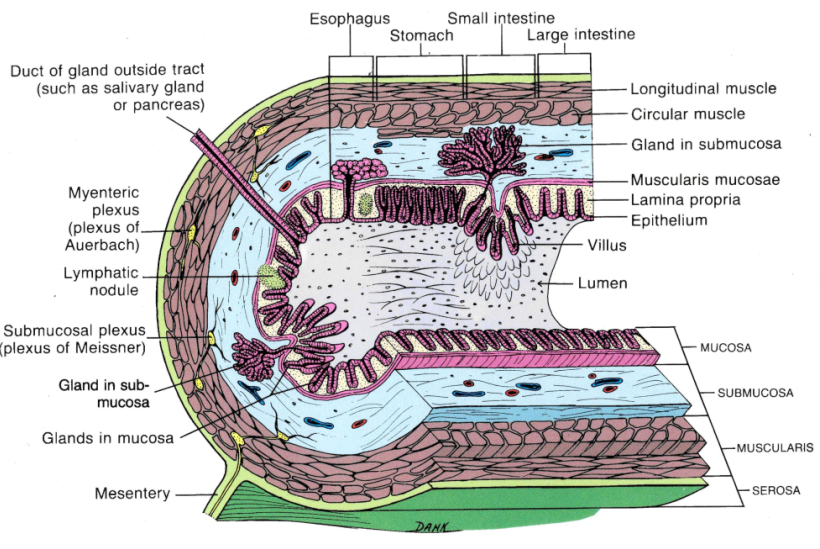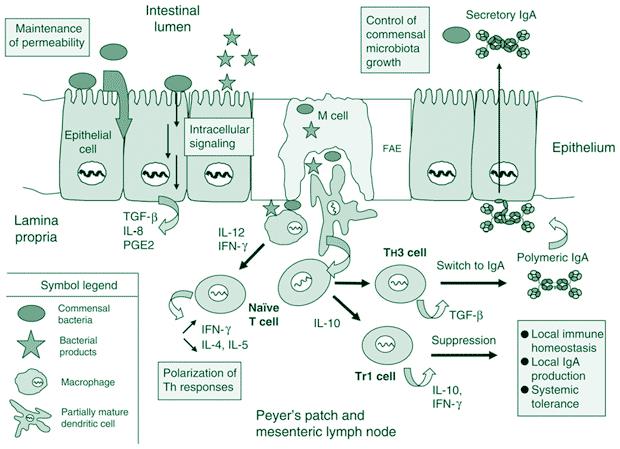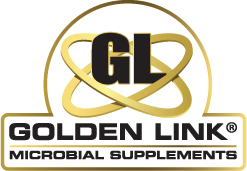Equine Immunity
The power house of your horse is its “Immune System”. The immune system keeps all animals alive. When the system is not working at peak efficiency, your horse is not at its best.
So, what will challenge the immune system? Viruses, bacteria and other antigens can cause the immune system to kick into gear and protect the body. But, the most common and frequent entity that will challenge the body of the equine and require a strong immune response is stress. Stress is a condition that causes all animals to stimulate their adrenal glands to produce cortisol and epinephrine, along with an overall run down condition.
The signs of stress in the horse are:
- Loose stools or cow paddles.
- Constant coughing and runny noses.
- A poor attitude about training because of feeling rundown.
- Because most performance horses in training are living in a shed row or barn and are under constant stress, these athletes will not always perform to the best of their ability–running a bad race. So, rather than treating the symptoms of stress after they arrive (ulcer-guard for ulcers), why not try preventing stress related illness before the symptoms appear. One can do this by treating the horse’s gut with probiotics. Probiotics will keep the gut and immune system healthy. When the gut is healthy then the immune system is at its maximum efficiency. Because, aside from its digestive function, the gastro intestinal tract is a lymphoid organ and the lymphoid tissue within it is collectively referred to as the gut-associated lymphoid tissue or G.A.L.T.

Approximately 70-80% of the entire immune system in the horse is located in the G.A.L.T. This immune system is distributed into three basic properties.
- Peyer’s Patches: Located in the mucosa and submucosa layers of the intestine, this is where the B-lymphocytes are produced.
- Lamina Propia: Located under the mucosa and submucosa layers of the intestine, the majority of the Ig-A secreting B cells are created here.
- Intra Epithelial Lymphocytes: These cells are manufactured and are found in the liaso lateral spaces of the intestine.
These locations work in harmony to constantly produce immune cells and antibodies that allow the body of the equine to combat disease and stress.
By feeding probiotics, helpful bacteria and other immune modulators, the bacteria creates an environment that helps the immune tissue of the intestine G.A.L.T. to thrive, grow, and work at peak efficiency. The probiotics constantly stimulate the B-lymphocyte production and activate receptor cells to increase the production of Immunoglobulin A (IgA), located in the G.A.L.T. It is this stimulation and nurturing of the G.A.L.T. that allows the horse to overcome disease and stress while thriving in its environment.

From: Blaise Corthesy, Rex Gaskins, Annick Mercenier (2007) Cross-Talk between Probiotic Bacteria and the Host Immune System, Journal of Nutrition 137, 781S-790S.
So, by keeping your horse on a daily feeding of “Immune Boost”, it will go a long way in stimulating its immune system, G.A.L.T., and keep it healthy and happy for its rigorous training schedule.
